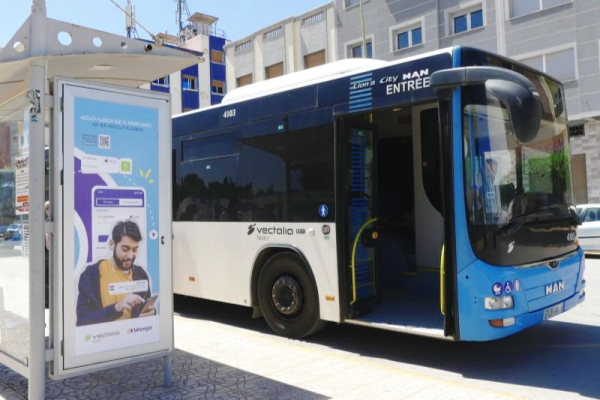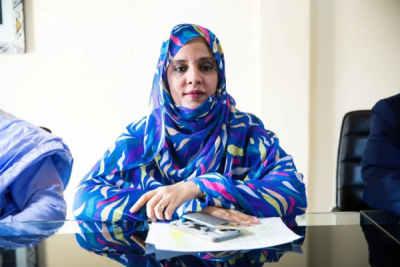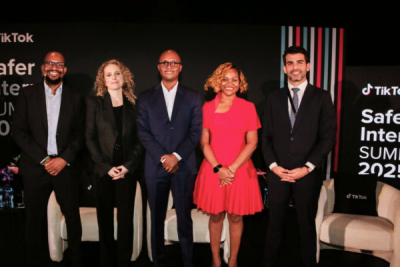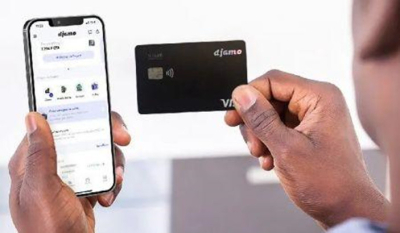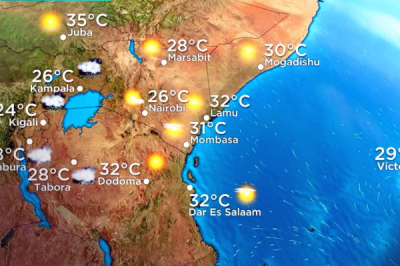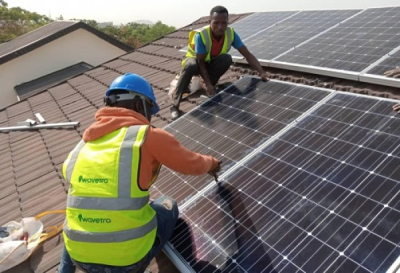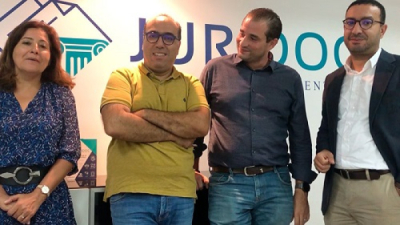In 2019, two tech entrepreneurs, a Moroccan and a Senegalese, embarked on a mission to track informal buses in Dakar, Senegal, to estimate their arrival times and develop a solution for this pervasive issue. Later, they relocated the project to Morocco.
Weego is an e-mobility solution developed by a Moroccan startup, enabling users to navigate cities by choosing the optimal mode of transportation. Founded in 2020 by Saâd Jittou and Mor Niane and based in Casablanca, Weego aims to enhance the use of public transport and reduce travel time to less than thirty minutes.
"The solution ensures that at least one virtual station is within two minutes of users' homes, assigns them a bus and a driver, and designates a station where the minibus will pick them up. No human intervention is required," explains Saâd Jittou.
The mobile application is available on both iOS and Android, with over 10,000 downloads on PlayStore. After downloading the app, users create an account and access various services. "WeegoMaas" is the basic service that offers users ride-hailing options, carpooling, buses, or trams depending on their city.
To provide this service, Weego has integrated several e-mobility applications available in different regions. Apps like Heetch, Pip Pip Yalah, Train, and Tramway contribute to Weego's offerings. The startup also offers "WeegoLines," a service that helps companies reduce their employees' commute times and lateness. Employees can use the mobile app to track company shuttles in real-time, knowing arrival times and any delays.
Since its launch, Weego claims over 100,000 corporate shuttle trips, significantly reducing lateness and absenteeism and lowering transport costs by 30% for employees. Weego also offers "WeegoPro" for users with a fleet of vehicles, and "WeegoSchool" is slated for future release. The app includes a digital wallet that can be recharged via bank cards.
Adoni Conrad Quenum


